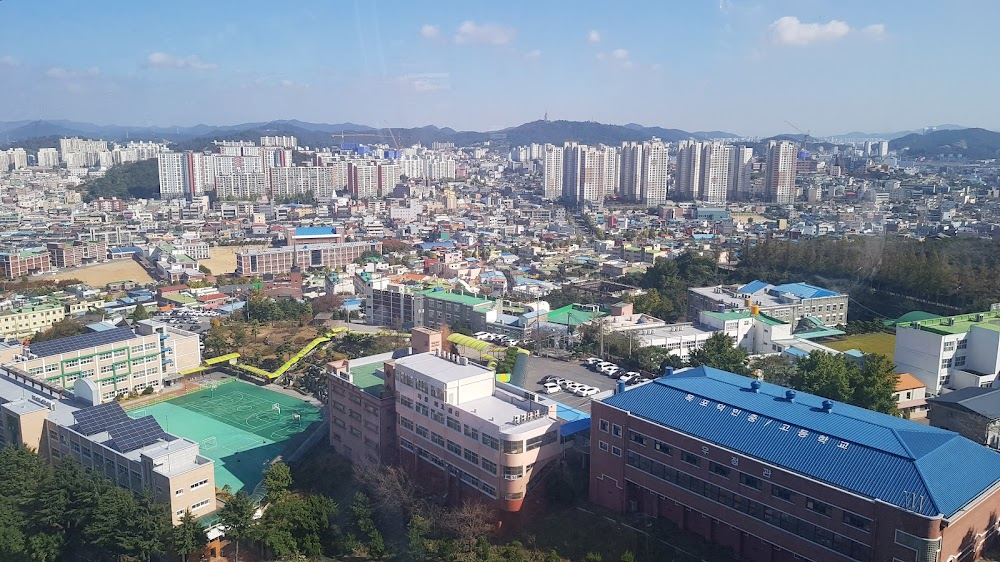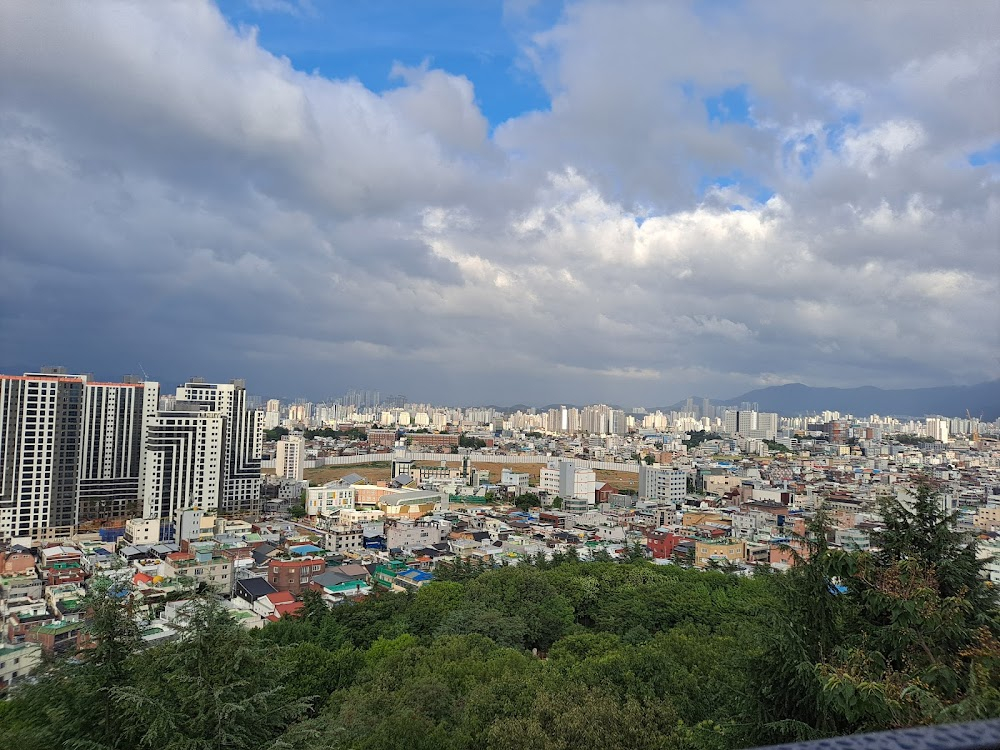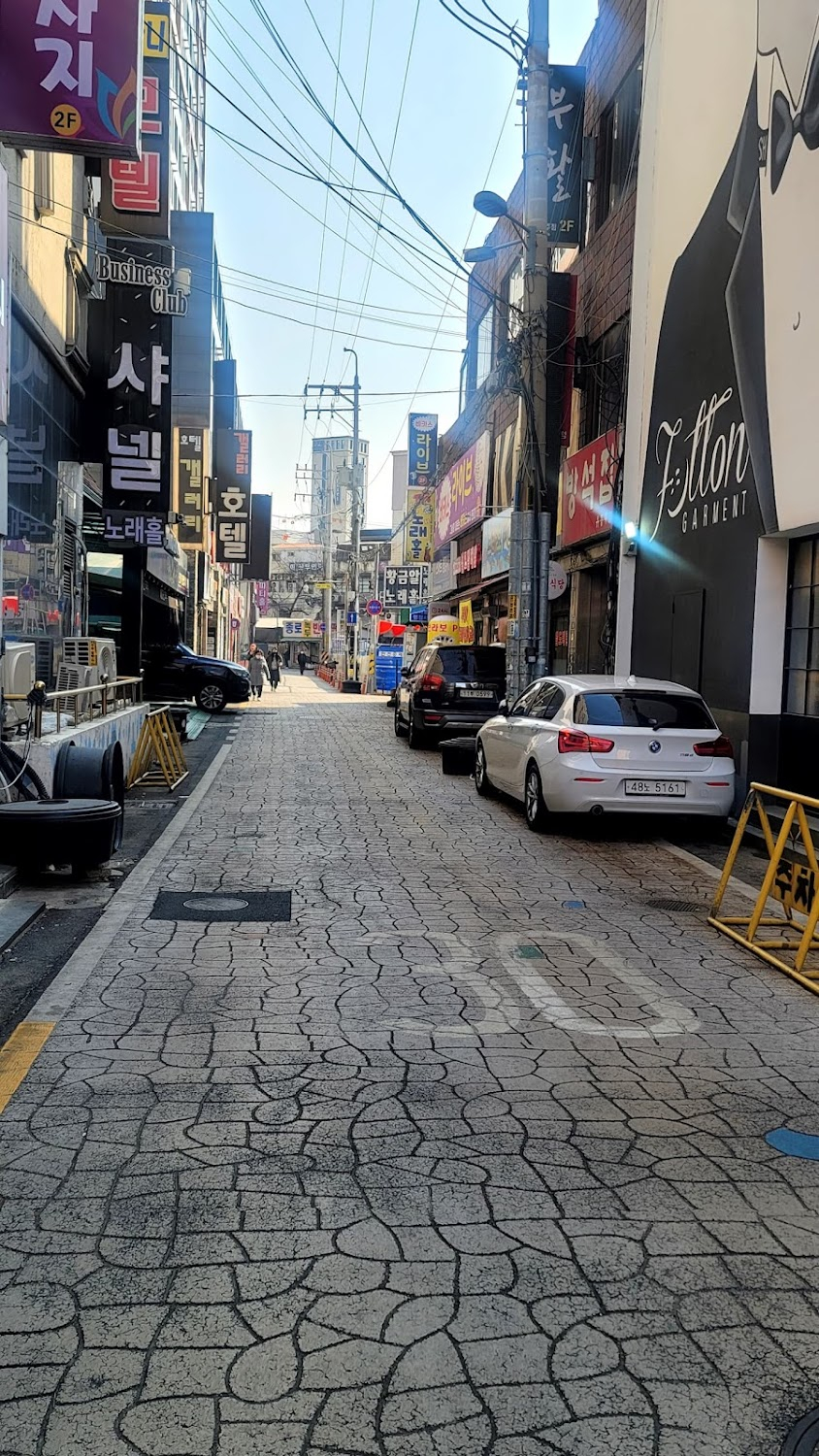Reset Filming Locations

Where was Reset filmed? Reset was filmed in 6 locations across South Korea in the following places:
Reset Filming Locations
Seoul, the capital of South Korea, is a huge metropolis where modern skyscrapers, high-tech subways and pop culture meet Buddhist temples, palaces and street markets. Notable attractions include futuristic Dongdaemun Design Plaza, a convention hall with curving architecture and a rooftop park; Gyeongbokgung Palace, which once had more than 7,000 rooms; and Jogyesa Temple, site of ancient locust and pine trees.
Mokpo is the third largest and most densely populated city in South Jeolla Province, South Korea, located at the southwestern tip of the Korean Peninsula, close to Yudal mountain.
Daegu is a city in North Gyeongsang Province, South Korea. It’s known for the Daegu Yangnyeongsi Oriental Medicine Cultural Center, which has a market as well as exhibitions tracing the history of local medical traditions. Nearby, Gyeongsanggamnyeong Park is home to manicured lawns and the early-20th-century governor’s residence. Exhibits at Daegu National Museum include ancient pottery and Buddhist relics.
Daejeon is South Korea's fifth-largest metropolis, with a population of 1.5 million as of 2019. Located in a central lowland valley between the Sobaek Mountains and the Geum River, the city is known both as a technology and research center, and for its close relationship with the natural environment.
Pyeongtaek is a city in Gyeonggi Province, South Korea. Located in the southwestern part of the province, Pyeongtaek was founded as a union of two districts in 1940, during the Goryeo dynasty.
Gwangju is a city in the southwest corner of South Korea. It’s known for a pro-democracy uprising in 1980. The event is commemorated by the 5·18 Memorial Park, with tree-lined paths and dramatic bronze sculptures, and the 5·18 National Cemetery. East, the craggy Mudeungsan Mountain National Park has striking rock formations. In the foothills, the rebuilt 6th-century Jeungsimsa Temple has a Silla-era stone pagoda.
Reset (2023)
On April 16th, 2014, the Sewol Ferry sank in South Korea, taking with it the lives of 304 of its 476 passengers. South Korea's worst maritime disaster traumatized a nation while simultaneously sinking the country's emotional spirit. The film "Reset" asks why the rescue of Korea's children and people was neglected on the fateful day the Sewol sank. "Reset" investigates the momentous sinking of the Sewol Ferry off the coast of South Korea. The film will communicate that this was not a typical accident, but something that could have been prevented. Suspicion surrounds the sinking of the Sewol, including neglected rescue efforts from the Korean coast guard and other Korean governments authorities. Six years have passed since the disaster and we still do not know what caused this incident and why the 304 victims were not rescued.



